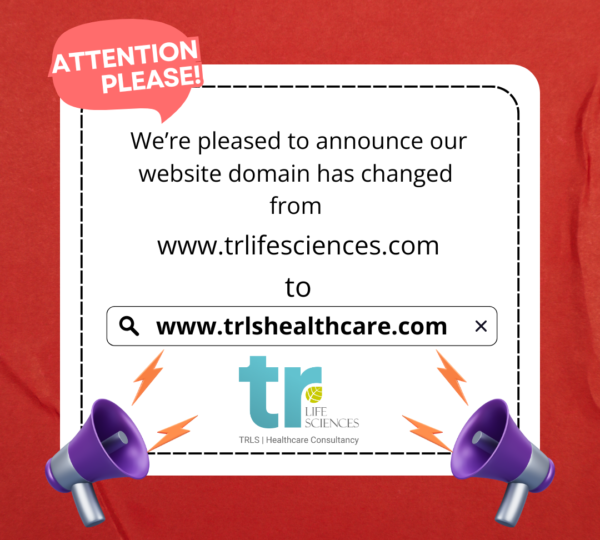
“The Game-Changing Power of Horizontal Integration in Healthcare”
Horizontal integration in healthcare refers to the union of services or products at the same
level of the healthcare value chain, such as merging with or acquiring similar types of
healthcare providers. It involves the consolidation of healthcare providers, such as hospitals, clinics, or medical practices, that offer similar services or operate in the same geographical area.
Let’s explore into how horizontal integration can contribute to the success of organizations in healthcare.
Streamlining Operations: Horizontal integration can significantly streamline operations within healthcare organizations. By merging similar services under one umbrella, redundant processes can be eliminated, leading to increased operational efficiency, reduced overhead costs enhances the overall workflow, allowing healthcare professionals to focus more on patient care.
Improving Efficiency: Efficiency is a key factor in delivering quality healthcare services.
Horizontal integration promotes efficiency through various means. It enables the sharing of best practices and standardized protocols across integrated entities. This consistency
enhances clinical outcomes, reduces errors, and improves patient satisfaction
Enhancing Competitive Advantage: In today’s competitive healthcare landscape,
organizations must differentiate themselves to stand out. Horizontal integration offers a
unique opportunity to enhance competitive advantage. By expanding service offerings and geographic reach through integration, healthcare providers can attract more patients and referrals. This expanded market presence not only strengthens the organization’s brand but also creates synergies that drive innovation and quality improvement. Additionally, integrated healthcare systems are better positioned to negotiate favourable contracts with payers, suppliers, and other stakeholders, further enhancing their competitive edge.
Building Comprehensive Healthcare Networks: Horizontal integration enables the creation of comprehensive healthcare networks that offer a full spectrum of services, from
preventive care to advanced treatments. This comprehensive approach enhances patient
loyalty and satisfaction while attracting new patients seeking integrated care solutions.
Economies of Scale: By combining resources, healthcare organizations can reduce costs per unit of service. Bulk purchasing, shared administrative services, and centralized operations can all contribute to significant savings.
Enhanced Bargaining Power: Larger entities can negotiate better terms with suppliers,
insurers, and even regulators. This can lead to more favourable contract terms and lower
operational costs.
Standardization of Care: Merging organizations can standardize protocols and practices
across their network, leading to more consistent and potentially higher-quality patient care. This can also streamline training and reduce variability in patient outcomes.
Conclusion: Horizontal integration in healthcare offers a range of benefits that contribute to organizational success. It can deliver better outcomes for patients while optimizing their own performance and sustainability. Embracing horizontal integration as a strategic
initiative can lead to a more integrated and effective healthcare ecosystem, benefiting
stakeholders across the board.


